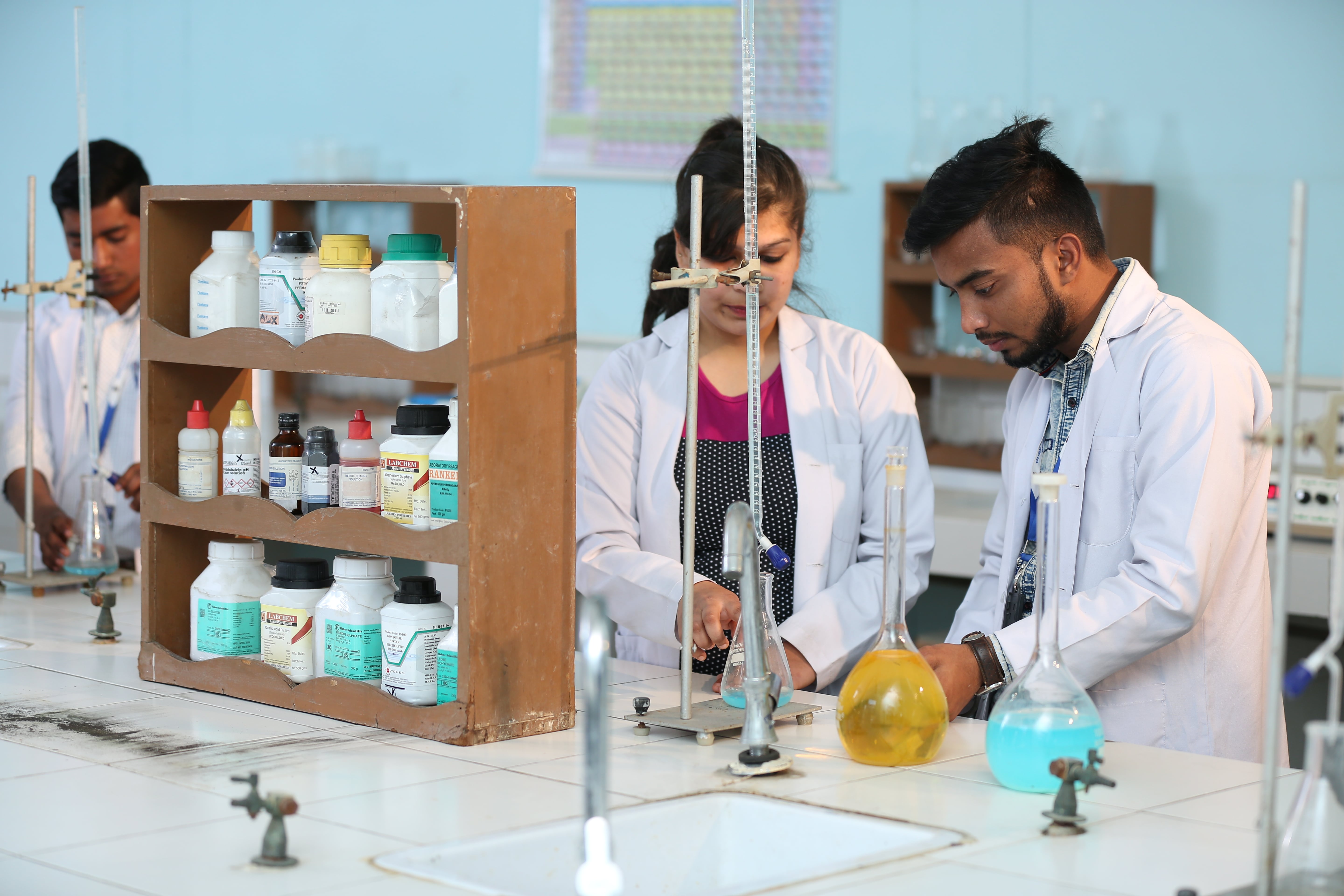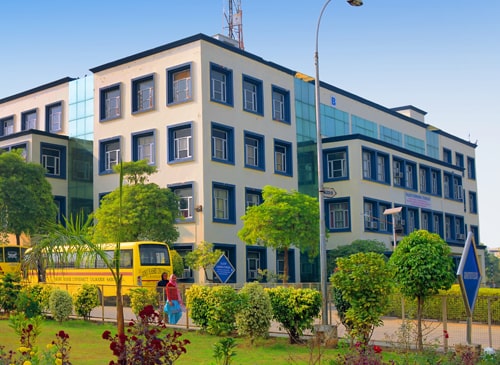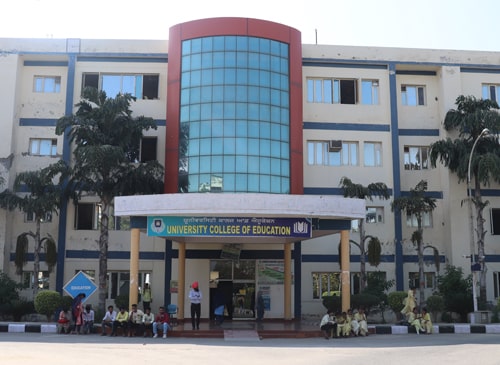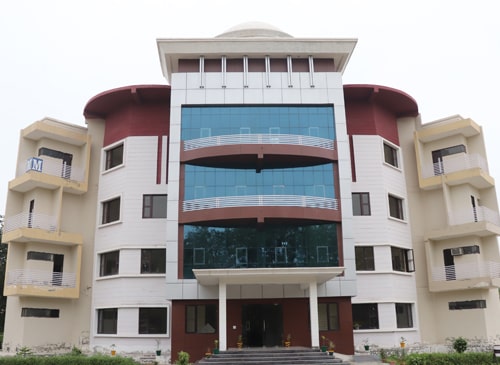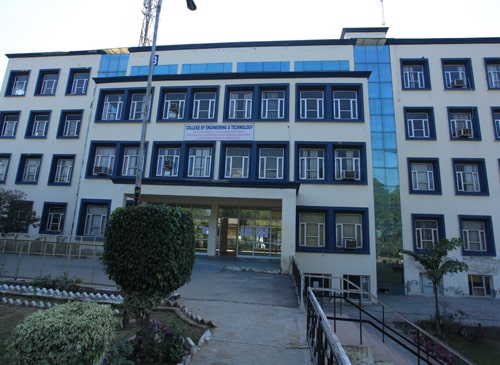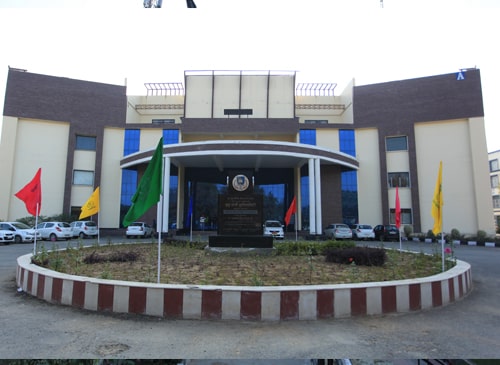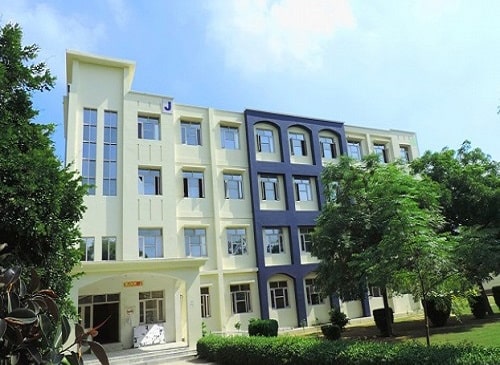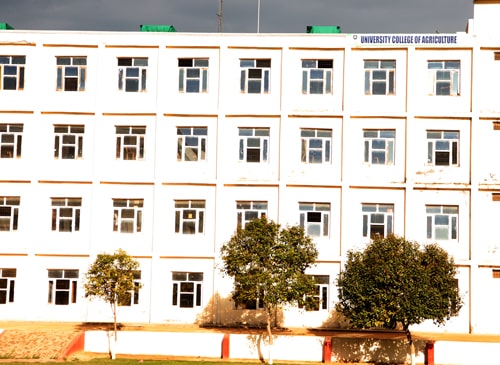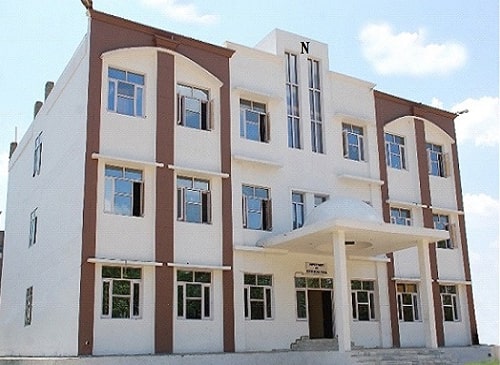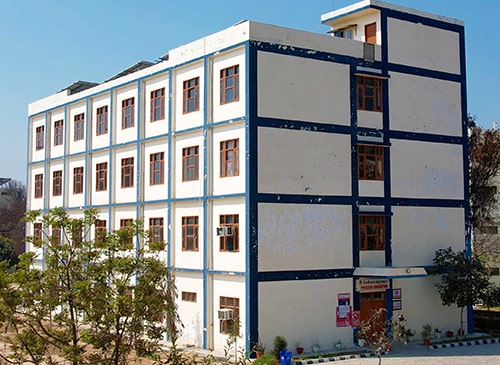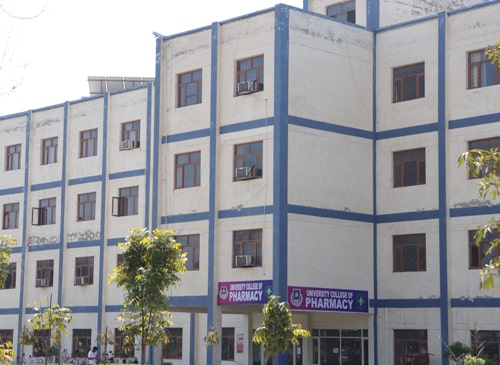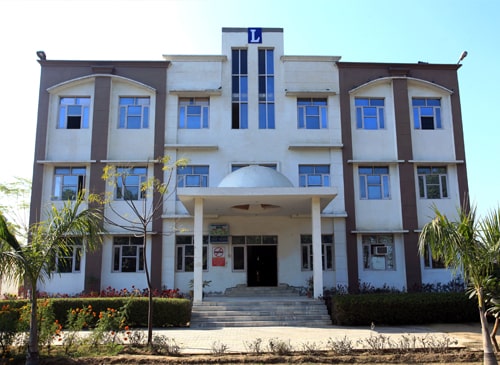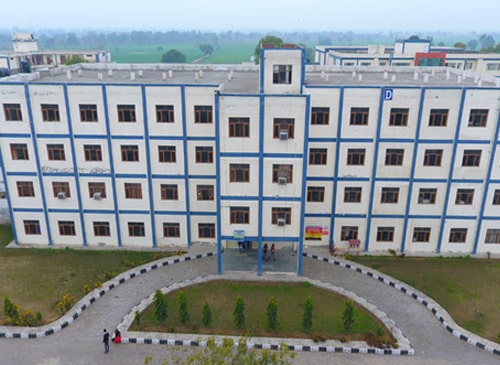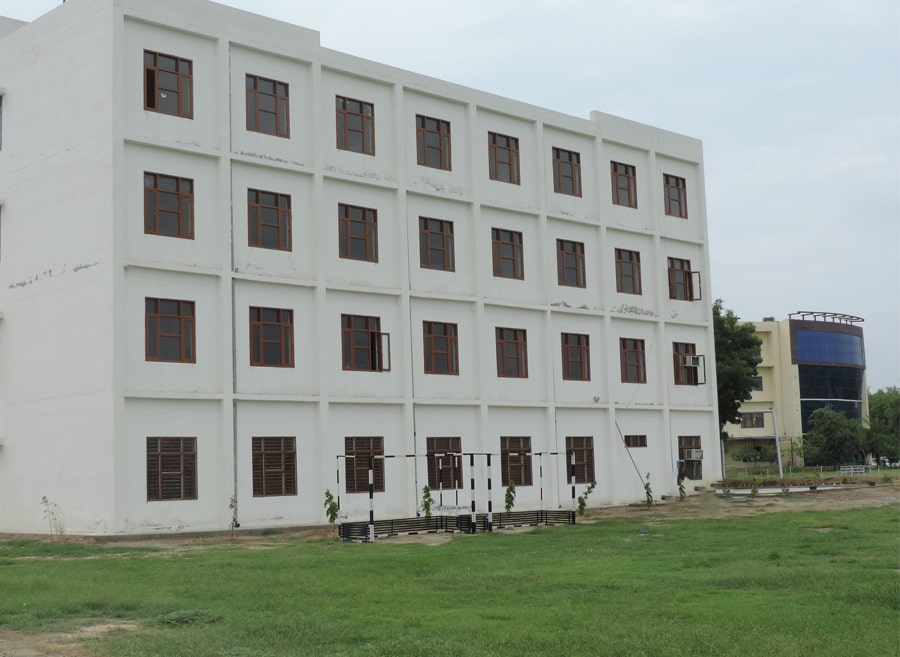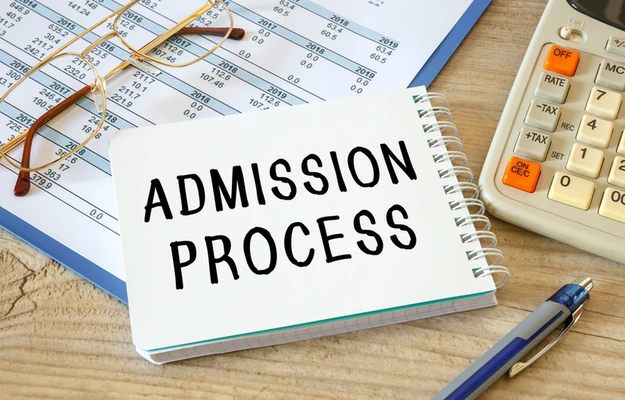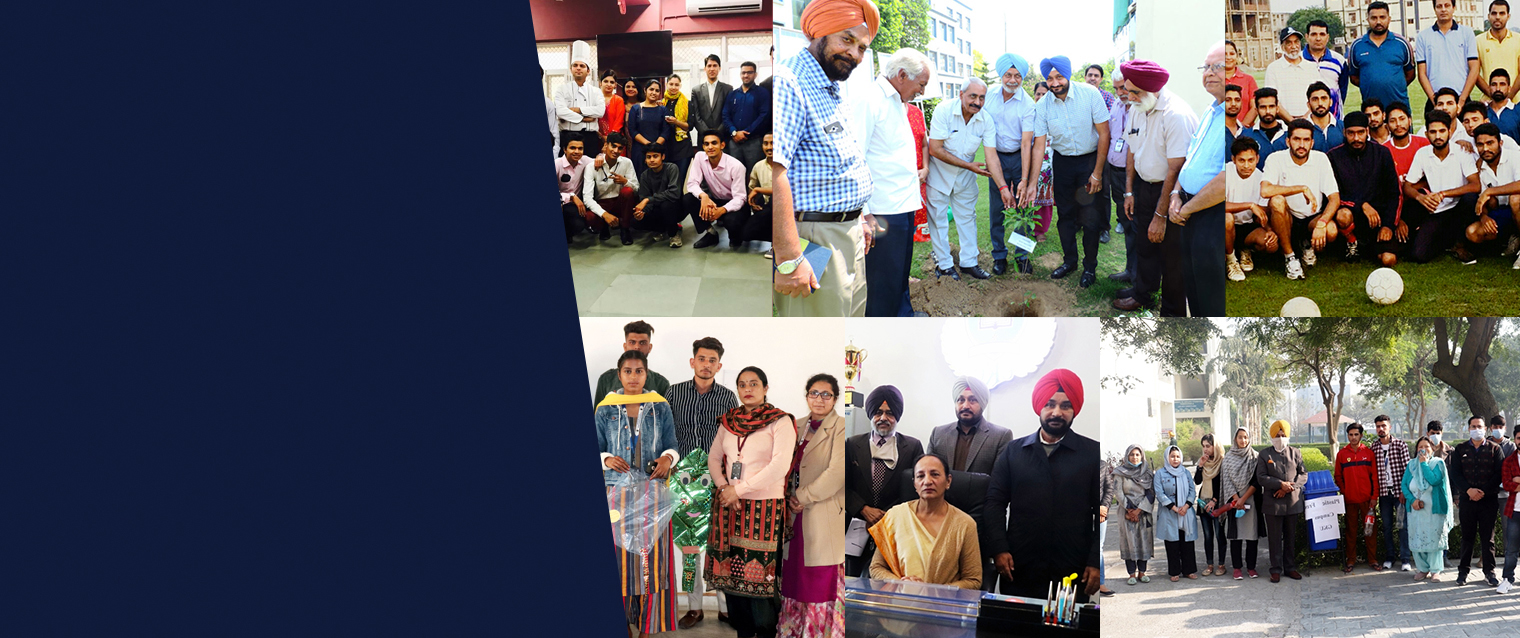FAQ's
1.What is the qualification for DMLT?
Ans:The qualification for a Diploma in Medical Laboratory Technology (DMLT) typically requires completion of high school or its equivalent (10+2) with a science background, including subjects such as Chemistry, Biology, and Physics. Some institutions may also require candidates to pass an entrance examination or interview as part of the admission process.
2.Is MLT a good course?
Ans: Yes, Medical Laboratory Technology (MLT) is a good course as it offers diverse career opportunities in the healthcare sector, including working in clinical laboratories, hospitals, research institutes, and pharmaceutical companies. MLT professionals play a crucial role in disease diagnosis, treatment monitoring, and medical research, contributing significantly to patient care and public health. Additionally, the demand for skilled MLT professionals remains high, making it a promising career choice with good job prospects.
3.Does MLT have a scope?
Ans:Yes, Medical Laboratory Technology (MLT) has a wide scope with diverse career opportunities in clinical laboratories, hospitals, research institutions, pharmaceutical companies, public health agencies, and diagnostic centres. MLT professionals are in demand for roles such as laboratory technicians, technologists, supervisors, researchers, educators, and quality control specialists, contributing to disease diagnosis, treatment monitoring, medical research, and public health initiatives.
4. What is the MLT course after the 12th?
Ans:The MLT course details after the 12th are typically a Diploma or Bachelor's degree program in Medical Laboratory Technology.
5.Is MLT a degree or diploma?
Ans: MLT (Medical Laboratory Technology) can be both a degree and a diploma program, depending on the institution and the level of education pursued by the student.
6.How many subjects are there in MLT?
Ans: In a typical MLT (Medical Laboratory Technology) program, there are several subjects covering areas such as clinical biochemistry, microbiology, haematology, immunology, pathology, laboratory management, and quality control.
7. What is the MLT syllabus?
Ans: The MLT (Medical Laboratory Technology) syllabus typically includes subjects like clinical biochemistry, microbiology, haematology, immunology, pathology, laboratory management, and quality control, along with practical training in laboratory techniques and instrumentation.

